52 ideas that changed the world - 42. Monogamy
The roots of monogamy have more to do with evolution than romance
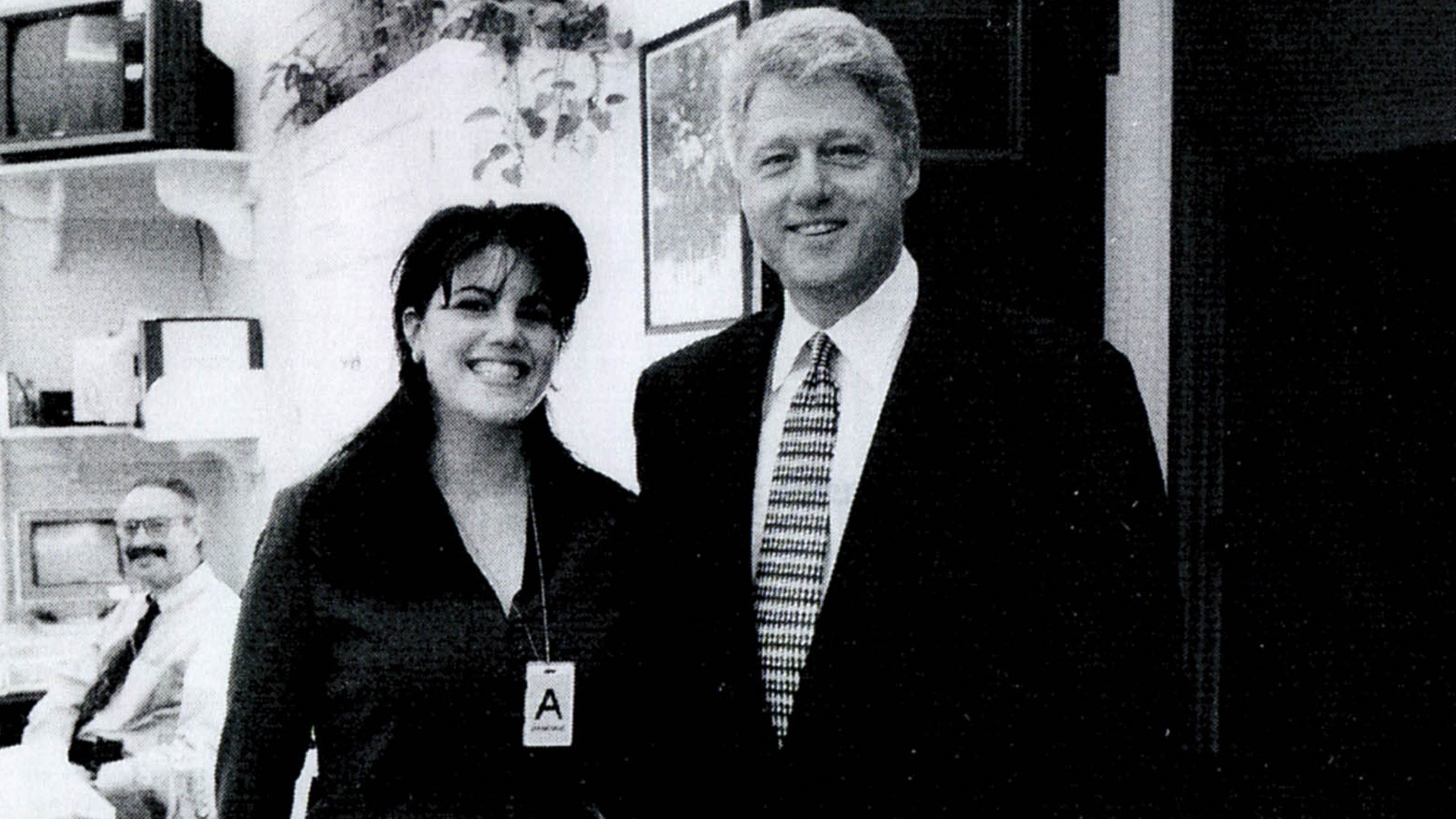
A free daily email with the biggest news stories of the day – and the best features from TheWeek.com
You are now subscribed
Your newsletter sign-up was successful
In this series, The Week looks at the ideas and innovations that permanently changed the way we see the world. This week, the spotlight is on monogamy:
Monogamy in 60 seconds
Monogamy is a form of romantic relationship or mating behaviour in which a person has only one partner for their whole life.
The Week
Escape your echo chamber. Get the facts behind the news, plus analysis from multiple perspectives.

Sign up for The Week's Free Newsletters
From our morning news briefing to a weekly Good News Newsletter, get the best of The Week delivered directly to your inbox.
From our morning news briefing to a weekly Good News Newsletter, get the best of The Week delivered directly to your inbox.
However, the term is generally used as shorthand for “serial monogamy”, which is when a person has only one partner at any one time.
Serial monogamy is the prevailing arrangement between romantic partners in Western society, but strict monogamy exists in only around 17% of human cultures, says The New York Times.
Genetic monogamy is generally used to refer to species where a pair reproduce solely with each other for the duration of the relationship.
There are some societies that are polyamorous, a competing form of mating behaviour in which a person forms intimate relationships with more than one person with the consent of all partners involved.
A free daily email with the biggest news stories of the day – and the best features from TheWeek.com
Polygyny is a form of polygamy that allows the man to take several wives, but each of those women has only one husband.
For instance, “Islamic law allows a man to take more than one wife as long as he has the means to treat all his wives fairly”, says the BBC.
How did monogamy develop?
How exactly humans came to put two-people partnerships on a pedestal has been a question for anthropologists, biologists and historians.
Researchers at the University of Liverpool published a study in 2011 that examined the finger bones of ancient hominoid fossils (humans and apes), looking for clues to how our lineage mated.
Their study concluded that hominoids 4.4 million years ago mated with numerous females, but by about 3.5 million years ago, finger-length ratio indicated that hominoids had shifted towards monogamy.
Kit Opie and colleagues at University College London published a study in 2013 on primate mating behaviour that suggests monogamy is the decisive factor in male care. “Once monogamy has evolved, then male care is far more likely,” Dr Opie said.
When a mother has a constant male partner, that partner is more likely to protect their young from attack, find them food and raise them. In short, monogamous primates are more likely to keep their young alive – so the trait of being monogamous becomes an advantageous characteristic in evolutionary terms.
In our own lineage, it is possible that the extra calories and protein supplied by newly doting monogamous parents led to human brains becoming bigger and more powerful than those of animals. Only brains with plenty of food supply could manage this.
Monogamy, then, “could be how humans were able to push through a ceiling in terms of brain size”, says Opie.
A competing theory, put forward by zoologists Dieter Lukas and Tim Clutton-Brock, suggests that our solitary ancestors likely began forming monogamous relationships because it gave males the best chance of passing on their genes.
With females spread far and wide, a male’s best opportunity to father offspring was to pick a single female and stay with her, says James MacDonald on JSTOR Daily.
“Monogamy is also a much more energetically economical arrangement than polygamy which is wasteful of time and energy as males fight over females,” writes William Reville, a biochemistry professor at University College Cork, in the Irish Times.
There are also societal and cultural reasons why humans developed to become monogamous.
Monogamy has become intertwined with the idea of romantic love, which for scientists of human evolution is a “necessary illusion”, says Psychology Today.
“It is a natural bias that evolved as a special adaptation to guarantee our reproductive success in light of a unique challenge faced by our species,” says the magazine.
It adds: “Pair-bonding, and the continued involvement and commitment of fathers in childrearing has also played a key role in our evolutionary past. And thus romantic love was born!”
–––––––––––––––––––––––––––––––For a round-up of the most important stories from around the world - and a concise, refreshing and balanced take on the week’s news agenda - try The Week magazine. Start your trial subscription today –––––––––––––––––––––––––––––––
How did it change the world?
Biologically and evolutionarily, monogamy is one of the biggest factors in the development of the human species and its abilities.
But monogamous love has also had a huge cultural impact, influencing every type of art imaginable beyond any other phenomenon. Only death and God compete with monogamous, romantic love as key competitors for human attention.
Monogamy is also a central component of the traditional family unit, consisting of parents and children.
While social and demographic shifts have led to more varied and inclusive ideas of what we consider “family”, the Office for National Statistics found in 2019 that there were 19.2 million “families”, defined as “a married, civil partnered or cohabiting couple with or without children, or a lone parent, with at least one child”.
An article published in the Society for the Psychological Study of Social Issues journal in 2012 found that most people expect sexual and romantic exclusivity in their relationships. What started off as an evolutionary impulse has become the foundation of much of global society today.
-
 James Van Der Beek obituary: fresh-faced Dawson’s Creek star
James Van Der Beek obituary: fresh-faced Dawson’s Creek starIn The Spotlight Van Der Beek fronted one of the most successful teen dramas of the 90s – but his Dawson fame proved a double-edged sword
-
 Is Andrew’s arrest the end for the monarchy?
Is Andrew’s arrest the end for the monarchy?Today's Big Question The King has distanced the Royal Family from his disgraced brother but a ‘fit of revolutionary disgust’ could still wipe them out
-
 Quiz of The Week: 14 – 20 February
Quiz of The Week: 14 – 20 FebruaryQuiz Have you been paying attention to The Week’s news?
-
 52 ideas that changed the world - 52. Zero
52 ideas that changed the world - 52. ZeroIn Depth The technology on which you’re reading this article only works because of zero
-
 52 ideas that changed the world - 50. Money
52 ideas that changed the world - 50. MoneyIn Depth Millennia of civilisations have used mediums of exchange ranging from seashells and cows to bitcoin and cash
-
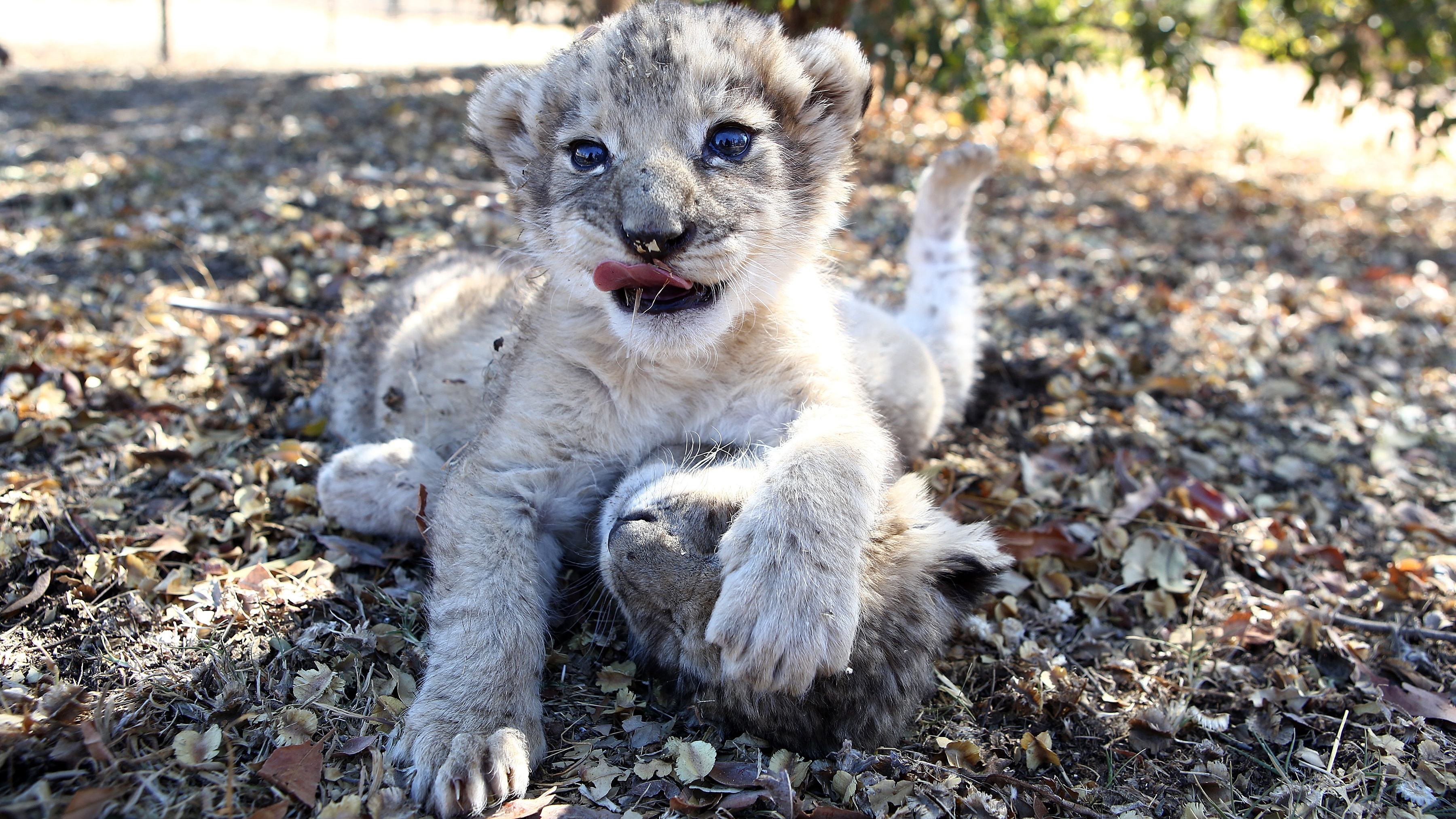 52 ideas that changed the world - 49. Ecology
52 ideas that changed the world - 49. EcologyIn Depth Scientific ecology can be traced back to Charles Darwin and considers living things and their environment
-
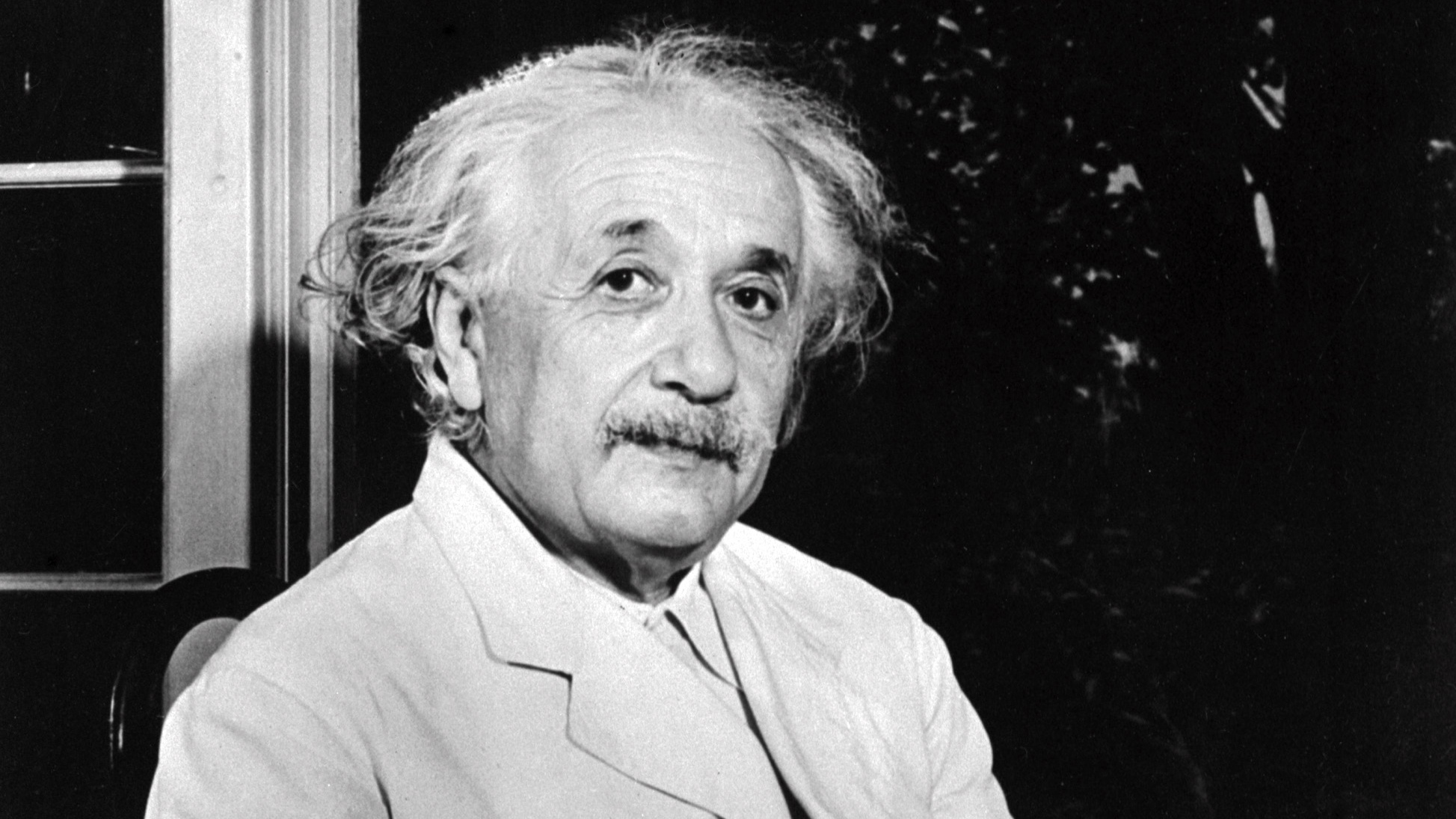 52 ideas that changed the world - 47. Relativity
52 ideas that changed the world - 47. RelativityIn Depth Einstein’s theory remains ‘most important in modern physics’
-
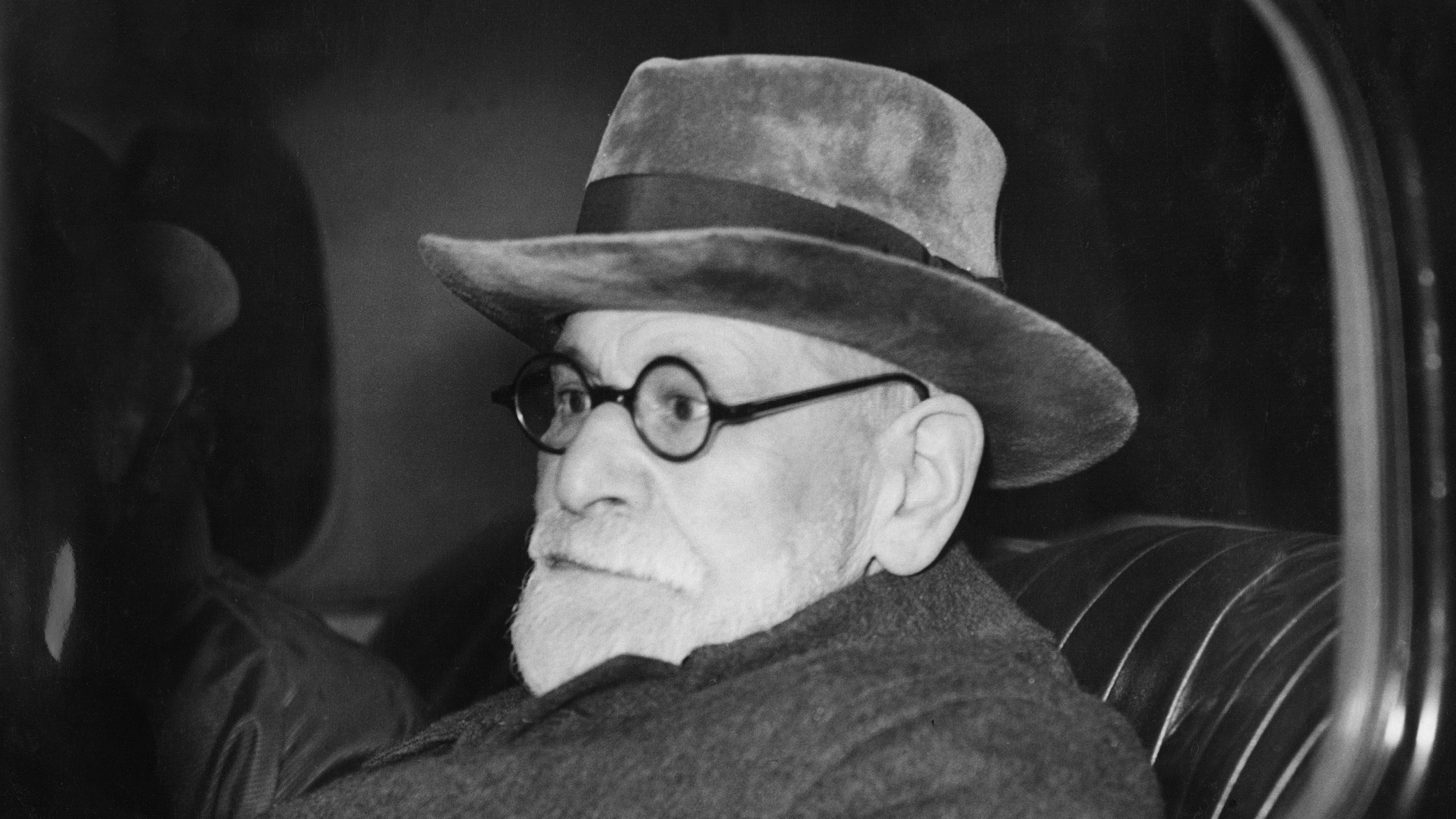 52 ideas that changed the world - 46. The unconscious mind
52 ideas that changed the world - 46. The unconscious mindIn Depth The theory of an obscured section of human consciousness has hooked psychologists for centuries
-
 52 ideas that changed the world - 43. Writing
52 ideas that changed the world - 43. WritingIn Depth Writing is the foundation of history, great literature – and this article
-
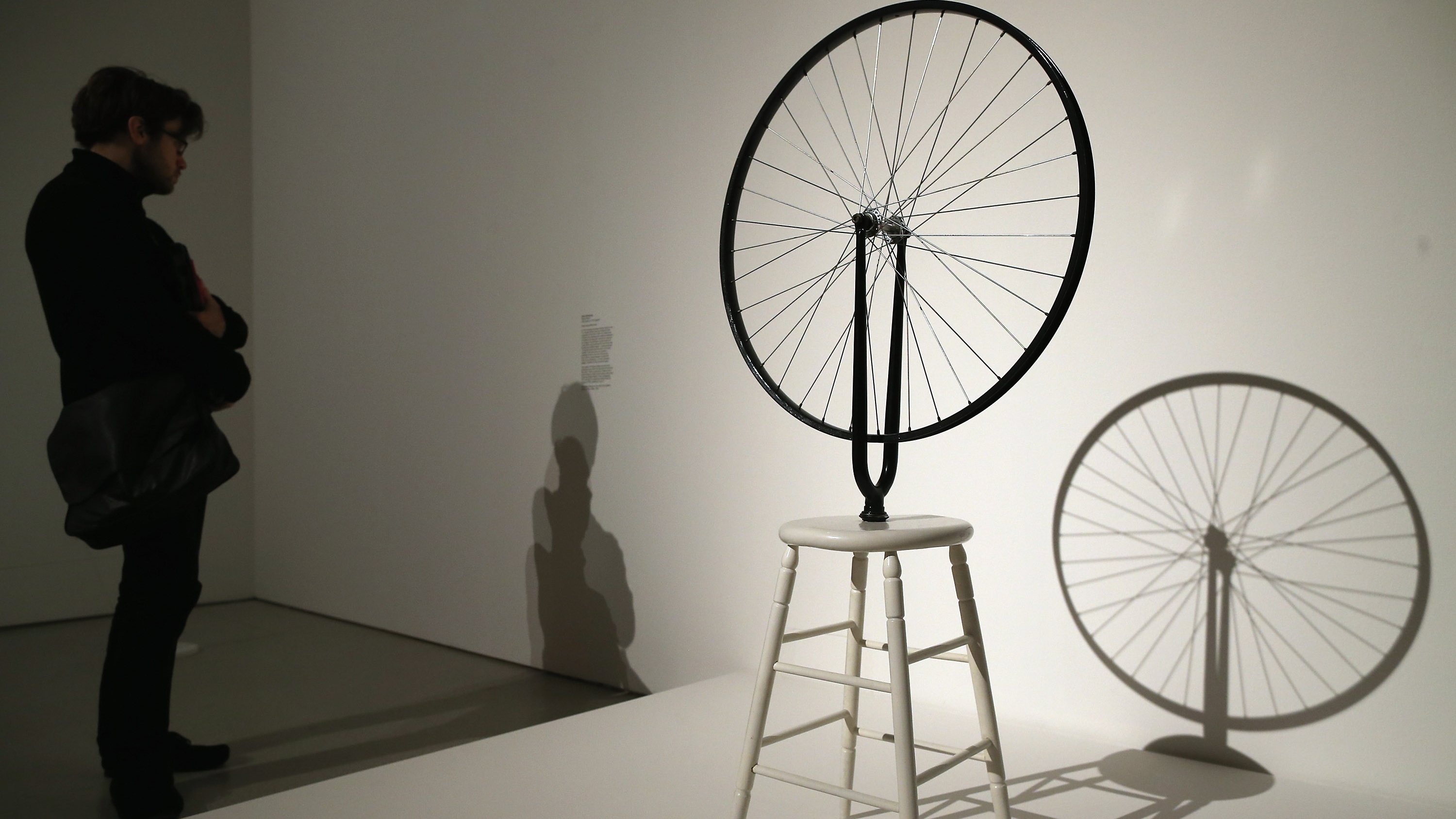 52 ideas that changed the world - 41. The wheel
52 ideas that changed the world - 41. The wheelIn Depth The wheel might seem simple, but it took humans a long time to figure it out
-
 52 ideas that changed the world - 39. Selective breeding
52 ideas that changed the world - 39. Selective breedingIn Depth Domesticating animals and creating plants and crops allowed agriculture to flourish